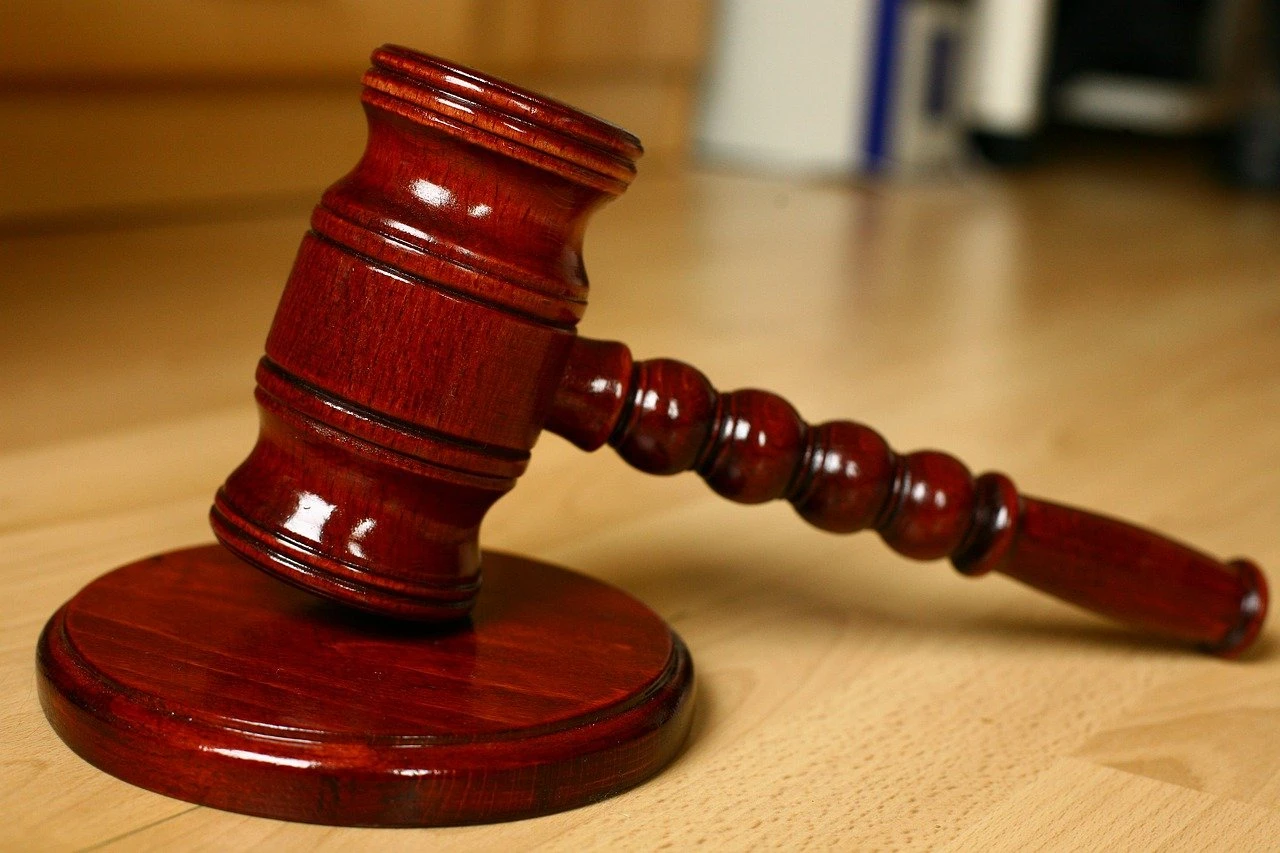New October deadline in Brazil expected to have little impact on state lottery regulators

Normative Ordinance No 1,475 outlined only operators who have both applied for a licence and are already active will be allowed to continue their activities between 1 October and 31 December, with the legal market going live on 1 January 2025.
Currently, there are 119 licence applications registered on Sigap, Brazil’s betting management system, with six of those coming since the new October deadline was announced.
This would suggest any company active in Brazil, that had not applied for a federal licence, faced a shutdown.
However at state level, a September 2020 Supreme Court decision ruled a federal lottery monopoly was unconstitutional, meaning states and federal districts can organise lotteries. Federal Law No 13,756/2018 defined sports betting as a lottery modality, meaning states can regulate wagering within their borders.
At a glance the Ordinance No 1,475 would suggest licensees in states such as Rio de Janeiro, Paraná, Minas Gerais, Maranhão, Ceará and Espírito Santo may be caught up in the crackdown.
However Eduardo Carvalhaes and Karen Coutinho, lawyers and spokespersons for Brazilian law firm Lefosse, say the federal government has considered this eventuality and is taking steps to ensure these companies can continue to operate.
The impact on state regulators in Brazil
In terms of how it affects local regulators, the secretariat of prizes and bets (SPA) will contact state regulators in Brazil to request the details of which brands are authorised in each state and what domains they will be using they explain.
However, the impact of the new ordinance on state regulators, Lefosse say, will remain largely in line with the current status quo for state regulators in Brazil such as Loterj. Existing operators will be allowed to continue to operate in the jurisdictions in which they are authorised.
“It is expected that this measure will ensure that companies authorised by Loterj within the state of Rio de Janeiro (as well as those authorised in other states across Brazil), along with companies that have already applied for authorisation from the SPA, remain active and compliant,” Carvalhaes and Coutinho told iGB.
“Consequently, only companies that do not meet both requirements will remain suspended and blocked.”
Recent court defeat for Loterj
The new ordinance also means those operators already active in Rio de Janeiro with a Loterj licence – that have applied for federal certification – will be allowed to continue to operate.
Recently, Loterj has tried a crackdown of its own on unlicensed operators through site blocking, although that has had mixed results.
An August ruling from the Rio de Janeiro Federal Regional Court of the First Region stipulated betting platforms active without a Loterj licence would be allowed to continue their activities.
Previously, the court ordered National Telecommunications Agency Anatel to block the sites of operators not licensed by Loterj after the regulator lodged a preliminary injunction.
An appeal from the National Association of Games and Lotteries (ANJL) was then “partially” accepted. This overturned the blocking orders and allowed unlicensed operators to continue offering bets until the 31 December deadline for federal licences.
October enforcement deadline dividing opinion in Brazil
Lottopar, the state lottery in Paraná, welcomed the new ordinance, claiming it will give state regulators additional power to fight illegal operators and encourage a safe betting environment in Brazil.
“This is a milestone for regulation and for the consolidation of a safer and more transparent environment in the lottery and fixed-odds betting sector,” Lottopar CEO Daniel Romanowski explained.
Other stakeholders, such as the Brazilian Institute of Responsible Gaming (IBJR), also lauded the ordinance, stating it would prove “fundamental” in ensuring a clean market, hopefully free from illegal operators.
In other quarters, though, questions have been raised over the legality of such a move. Paulo Horn, the president of the Order of Attorneys of Brazil in Rio de Janeiro, believes the new ordinance is unconstitutional, urging the ministry of finance to reconsider its implementation.
